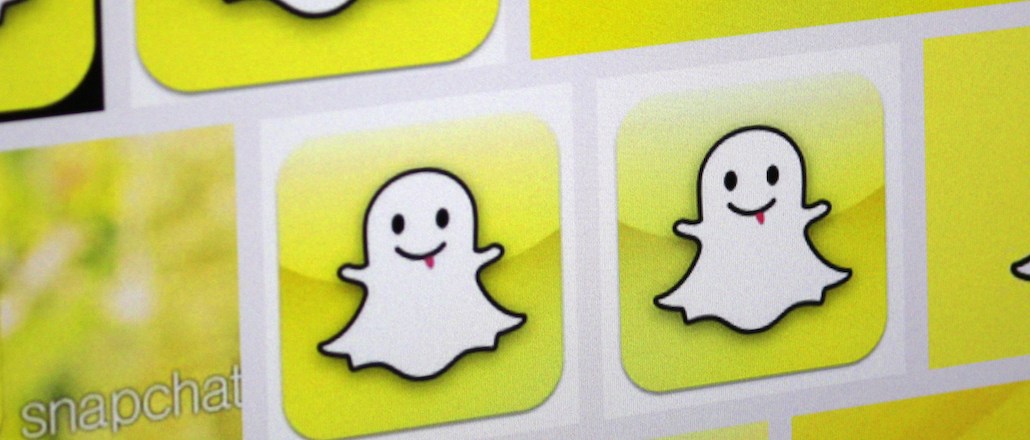Save 50% on a 3-month Digiday+ membership. Ends Dec 5.

With a typical customer aged over 35 and traveling on business, Hilton knows it has to connect with a younger demographic more likely to crash at an Airbnb when hitting the music festival circuit. Enter Snapchat, naturally.
 The brand made its Snapchat debut last month, offering fans behind-the-scenes peeks and content from a concert with Jason Derulo at the Hilton Bayfront in San Diego on Feb. 27. The concert was part of Hilton and Live Nation’s concert series that aims to bring unique entertainment experiences to guests and Hilton rewards program members.
The brand made its Snapchat debut last month, offering fans behind-the-scenes peeks and content from a concert with Jason Derulo at the Hilton Bayfront in San Diego on Feb. 27. The concert was part of Hilton and Live Nation’s concert series that aims to bring unique entertainment experiences to guests and Hilton rewards program members.
“Loyalty means more than just a plethora of benefits,” said Kasey O’Leary, Hilton’s senior director of multibrand and loyalty marketing. “More than anything, it’s about access — and no platform provides guests access the way Snapchat does.”
The idea, O’Leary said, is to get millennials interested in the brand and the Hilton HHonors rewards program, even though they may not sign up for it anytime soon. So even if they aren’t redeeming points to get free stays and attend concerts among other options, they can still follow along the experiences through social channels like Snapchat.
“Our Snapchat activation brought to life the perks of being a Hilton HHonors member on a platform where our current and future HHonors members are playing,” she said.
The launch featured on-demand geofilters around the property as well as influencer takeovers by Kaitlyn Bristowe of “The Bachelorette,” who provided behind-the-scenes content from the concert, the hotel and the overall concert experience. According to O’Leary, Hilton is spending time crafting an “omnichannel influencer strategy” beyond just Snapchat. The brand has also doubled its year-over-year investment in social since 2015, dedicating double the financial investment in social media buys. 
“Any brand that does events struggles with how to make guests feel involved and engaged,” O’Leary said. “Influencers are a good way to do that if their tone matches the tone of your brand.”
Ad position: web_incontent_pos1
Hotel brands have also been vying for millennial attention beyond Snapchat lately. Most brands have been replacing some of the fustier features like minibars and room service, with more modern amenities like free Wi-Fi, community spaces and locally sourced food and beverages. Hilton is no different. Its new Canopy brand highlights the neighborhood culture, for instance, with evening tastings and a welcome gift, and offers bike-sharing programs and mobile check-in.
Hilton isn’t the first brand to use Snapchat and influencers to tap into the millennial consumer either — Marriott ran a three month-long campaign with influencers including Shaun McBride and Brittany Furlan last year. But the platform will continue to be a priority for Hilton this year, as is evidenced by the brand running a geofilter at SXSW this past week as well as one to promote its new campaign called “Our Stage, Your Story,” using geofilters to inspire people to dream about traveling in New York.
“Our social media strategy centers around connecting with consumers and providing access to exclusive content and events,” she said. “We look at Snapchat as a key puzzle piece to this overall social strategy as it provides Hilton more freedom to share unique and custom content through video, stories as well as reaching guests in a channel and community they are engaged with.”
Targeting the millennial cohort can be smart, say experts, even if it may not yet be the majority of hotels’ customer bases. Loyalty does not come overnight. The key, however, is to make sure it leads to results. “It doesn’t hurt to throw as much spaghetti on the wall,” said Jason Clampet, co-founder and head of content at Skift, “as long as you’re not validating your experiments with false metrics and actually getting ROI and analytics.”
More in Marketing

Ulta, Best Buy and Adidas dominate AI holiday shopping mentions
The brands that are seeing the biggest boost from this shift in consumer behavior are some of the biggest retailers.

U.K. retailer Boots leads brand efforts to invest in ad creative’s data layer
For media dollars to make an impact, brands need ad creative that actually hits. More CMOs are investing in pre- and post-flight measurement.
Ad position: web_bfu


